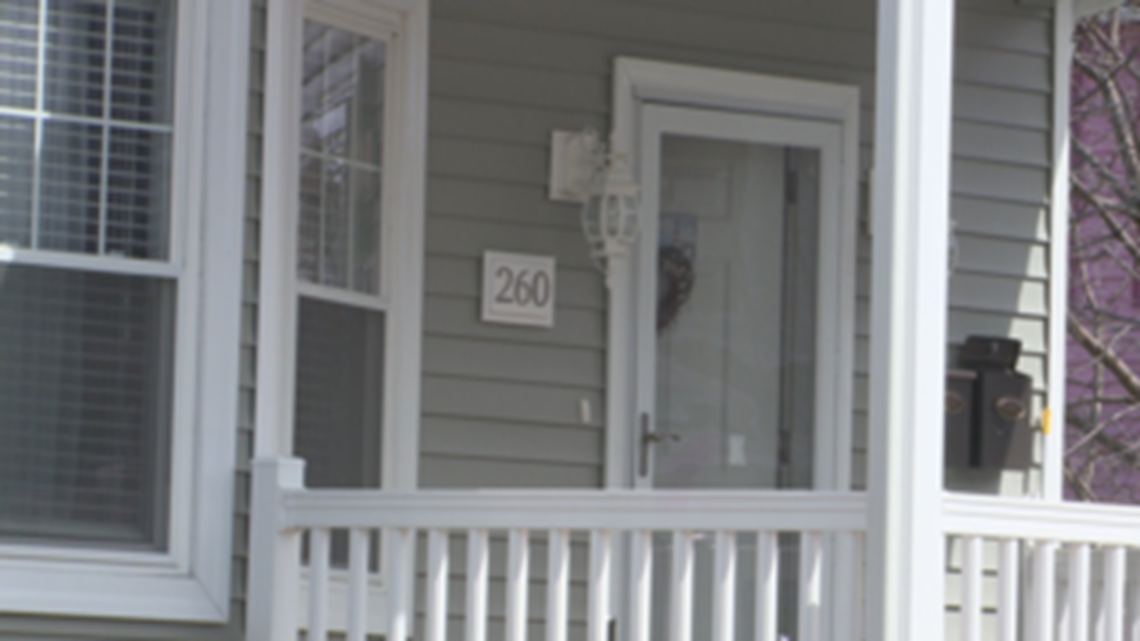Off grid living Upstate NY presents a unique blend of challenges and rewards. This burgeoning lifestyle, attracting those seeking self-sufficiency and a closer connection to nature, requires careful planning and a deep understanding of the region’s regulations and resources. From navigating complex permitting processes to mastering sustainable living techniques, the journey to off-grid existence in Upstate New York demands resilience, resourcefulness, and a thorough understanding of the unique environmental and legal landscape.
This guide delves into the practical aspects of off-grid living in Upstate NY, covering legal requirements, land acquisition, infrastructure development, resource management, and community integration. We explore the various facets of this lifestyle, offering insights into sustainable energy solutions, water management, waste disposal, and food production within the specific context of Upstate New York’s diverse climate and geography. Real-world examples and practical advice will help prospective off-grid dwellers make informed decisions and navigate the complexities of this rewarding, yet demanding, lifestyle.
Navigating the Legalities of Off-Grid Living in Upstate New York
Embarking on an off-grid lifestyle in Upstate New York requires careful consideration of the legal landscape. Varied regulations across counties necessitate thorough research before land acquisition and construction. This section details the crucial legal aspects, from permitting to waste disposal, ensuring a compliant and sustainable off-grid existence.
Permitting Processes for Off-Grid Dwellings
The permitting process for off-grid dwellings varies significantly across Upstate NY counties. Some counties have established procedures for alternative dwelling permits, while others may require adherence to stricter building codes designed for grid-connected homes. Prospective off-grid dwellers should contact the local building department in their chosen county to obtain specific information on required permits, applications, and associated fees.
Pre-application meetings with county officials are often beneficial to ensure compliance and avoid delays.
Regulations Concerning Water Usage and Waste Disposal
Water usage and waste disposal are strictly regulated in Upstate NY. Off-grid systems must meet state and local health standards. Water sources, whether wells or rainwater harvesting systems, require permits and inspections. Wastewater treatment systems, such as septic systems or composting toilets, must also meet stringent regulations to prevent environmental contamination. Compliance with these regulations is crucial to avoid penalties and ensure the long-term sustainability of the off-grid lifestyle.
Zoning Laws Affecting Off-Grid Living, Off grid living upstate ny
Zoning laws play a significant role in determining the feasibility of off-grid living in Upstate NY. Zoning regulations vary widely across different regions, impacting lot size requirements, allowable building footprints, and permitted land uses. Some areas may prohibit off-grid dwellings altogether, while others may have specific regulations for alternative dwelling designs. Thorough review of local zoning ordinances is essential before purchasing land.
Legal Requirements for Energy Production

Source: wgrz.com
Off-grid living in Upstate NY is gaining popularity, with residents seeking self-sufficiency and a simpler lifestyle. For those considering this path, downsizing is a common choice, and a helpful resource is available: a comprehensive off grid living tiny house guide. This guide offers valuable insights into building and maintaining an off-grid tiny home, making the transition to self-sufficient living in Upstate NY more manageable.
The guide covers crucial aspects of off-grid living, ultimately aiding in the success of this increasingly popular lifestyle choice in the region.
Generating renewable energy for off-grid living requires navigating specific regulations. Permits and inspections are typically needed for solar panel installations and wind turbines. Water rights for hydropower generation also require adherence to state and local regulations. The following table summarizes general requirements, but individual county regulations should be verified.
| County | Solar Permitting | Wind Turbine Regulations | Water Rights |
|---|---|---|---|
| Example County A | Requires permit; inspection required | Height restrictions; setback requirements | Permit required for water well and any water diversion |
| Example County B | Permit required for systems over a certain wattage | Detailed engineering plans required; noise level restrictions | State water rights permit needed; local approval for water usage |
| Example County C | Simplified permitting process for smaller systems | Limited or no regulations for small-scale wind turbines | Well permits subject to water availability assessments |
Last Word: Off Grid Living Upstate Ny
Embarking on off-grid living in Upstate NY is a significant undertaking, demanding meticulous planning, adaptability, and a commitment to sustainable practices. While the challenges are considerable—from navigating complex regulations to mastering self-sufficiency—the rewards are equally compelling: a life deeply connected to nature, a heightened sense of independence, and a profound appreciation for the resources that sustain us. By understanding the legal frameworks, environmental considerations, and practical necessities, aspiring off-grid dwellers can confidently pursue this unique and increasingly popular lifestyle in the beautiful landscapes of Upstate New York.
